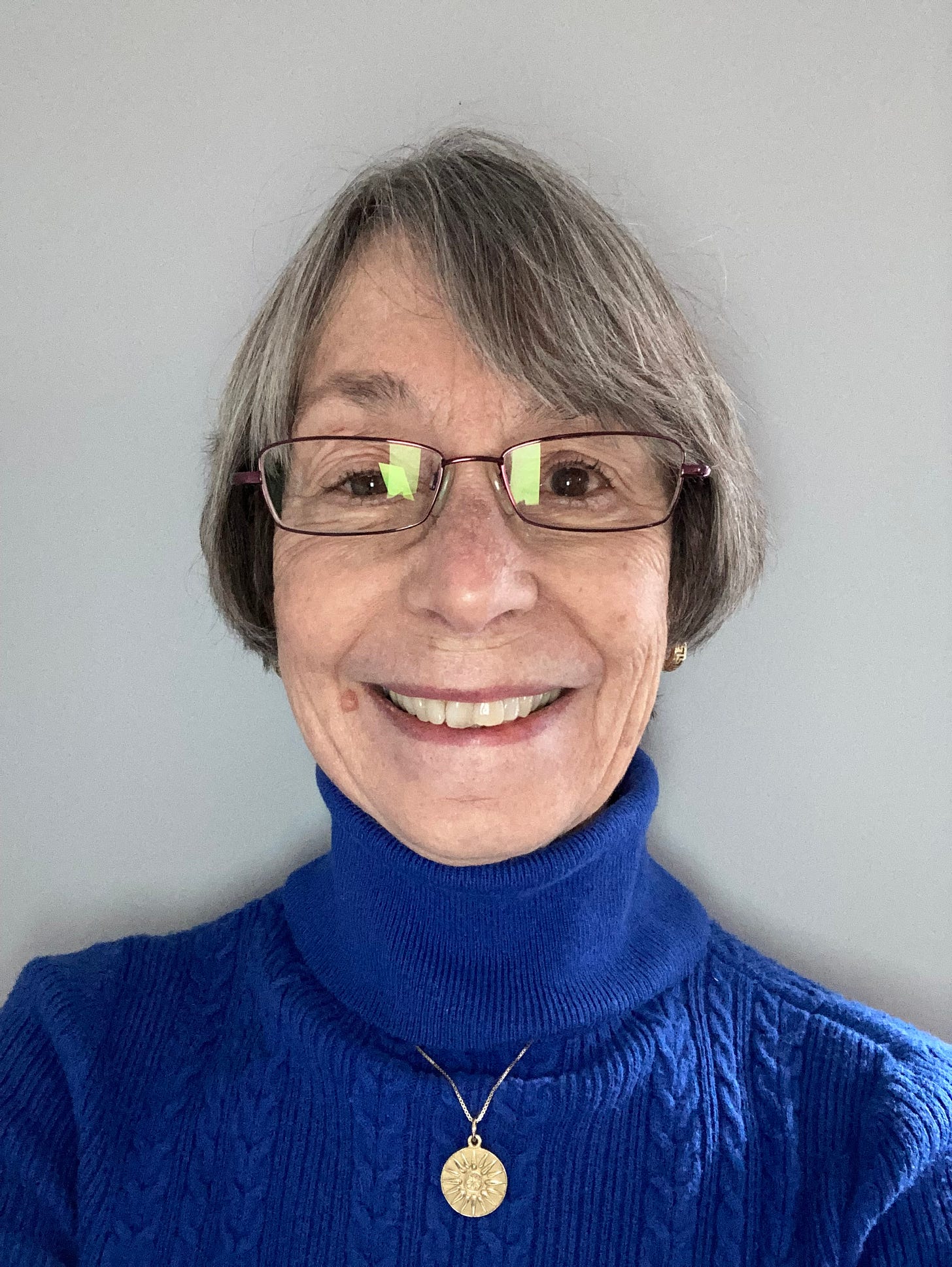You Deserve Science-Informed Decisions
Our lives are significantly impacted by decisions that institutions make - decisions that often should be informed by science. A climate crisis, a looming mass extinction, environmental injustices, millions dead due to COVID-19 disinformation - all failures of decision makers to listen to science.
These catastrophes happen when the role of science to inform decisions is undermined. And that’s why we created this newsletter: to shine a light on the dark tactics and strategies used by different actors in politics, government, the private sector, media and other parts of society from local to state, national, and even international levels to sideline science from decisions that affect public health and the health of our environment.
Subscribe to get full access to the newsletter and publication archives.
Defending Science Must Include Scientific Integrity
To defend against political actors suppressing, manipulating, or sidelining science in decisions - our government bodies must agree to uphold scientific integrity. While the federal government has made great strides to implement scientific integrity policies over the past decade, only two state-level institutions across the US have such policies.
SciLight covers scientific integrity as a major solution to political attacks on science. If we want to make sure independent science that is free from undue political interference informs our decisions, pushing for adoption of strong scientific integrity principles across the globe is critical.
About Jacob
Dr. Jacob Carter’s quest to understand the role of science in decision making started in 2014 when he interned for the White House’s Office of Science and Technology Policy. His passion for the work he did on pollinator health and President Obama’s Climate Action Plan drove him back to DC to serve as a postdoctoral fellow with the Environmental Protection Agency (EPA) after earning a Ph.D. in Ecology and Evolutionary Biology from the University of Kansas.
During the transition from the Obama to the Trump administration, Dr. Carter was advised to seek employment outside of EPA as his climate change expertise would no longer be needed. It was at this moment he fully understood how scientists and their work could be so easily politicized.
In 2017, Dr. Carter took a position with the Union of Concerned Scientists. As a senior scientist and research director, he studied and documented hundreds of attacks on science by the Trump administration, publishing several papers and reports on this issue. And by better understanding how the strategies and tactics by which government science is politicized, he advocated for stronger scientific integrity policies - many of his recommendations have since been adopted and implemented in federal policies.
About Andy
Dr. Andrew Rosenberg is a marine scientist, environmental and science policy expert. He recently retired after serving as the inaugural director of the Center for Science and Democracy at the Union of Concerned Scientists where he and his team focused on the role of science and scientists in public policy. He has more than 35 years of experience in government service and academic and non-profit leadership. He is the author of scores of peer-reviewed studies and reports on fisheries and ocean management and the intersection between science and policy making.
For ten years he was a professor of natural resources and the environment at the University of New Hampshire where he previously served as dean of the College of Life Sciences and Agriculture. While on leave of absence he served as the chief scientist for Conservation International.
Previously, he served as the northeast regional administrator of the National Marine Fisheries Service at the National Oceanic and Atmospheric Administration, where he negotiated recovery plans for New England and mid-Atlantic fishery resources, endangered species protections, and habitat conservation programs. He later became deputy director of the fisheries service.
Dr. Rosenberg is also the convening lead author of the oceans chapter of the Third US National Climate Assessment and served on the secretariat for the full assessment. He was a convening lead author of the first UN World Ocean Assessment. He served on the National Academy of Sciences’ Ocean Studies Board and the U.S. Commission on Ocean Policy.
Dr. Rosenberg received his Ph.D. in biology from Dalhousie University in Halifax, Canada and previously studied oceanography at Oregon State University and fisheries biology at the University of Massachusetts.
About Kathy
Kathleen Rest is the former Executive Director of the Union of Concerned Scientists where she oversaw the organization’s work on climate change, clean energy & transportation, sustainable agriculture, and protecting the integrity of science in public policy. She previously served as the Acting Director of the National Institute for Occupational Safety and Health in the Centers for Disease Control and Prevention and has held faculty appointments at several medical schools. She has chaired and served on committees for the National Academies and authored publications on occupational and environmental health issues. She is a founding and current Board member of the Association of Occupational and Environmental Clinics (AOEC) and is on the Board of the Institute for Policy Integrity at the NYU Law School. She is an Elected Fellow of the AAAS and a member of the American Public Health Association. She has a PhD in health policy from Boston University and a MPA from the University of Arizona.
Follow us!
Subscribe to this newsletter and you’ll be the first to know when a new post goes live with an email from us. Or send us an email: scilightsubstack@gmail.com.






